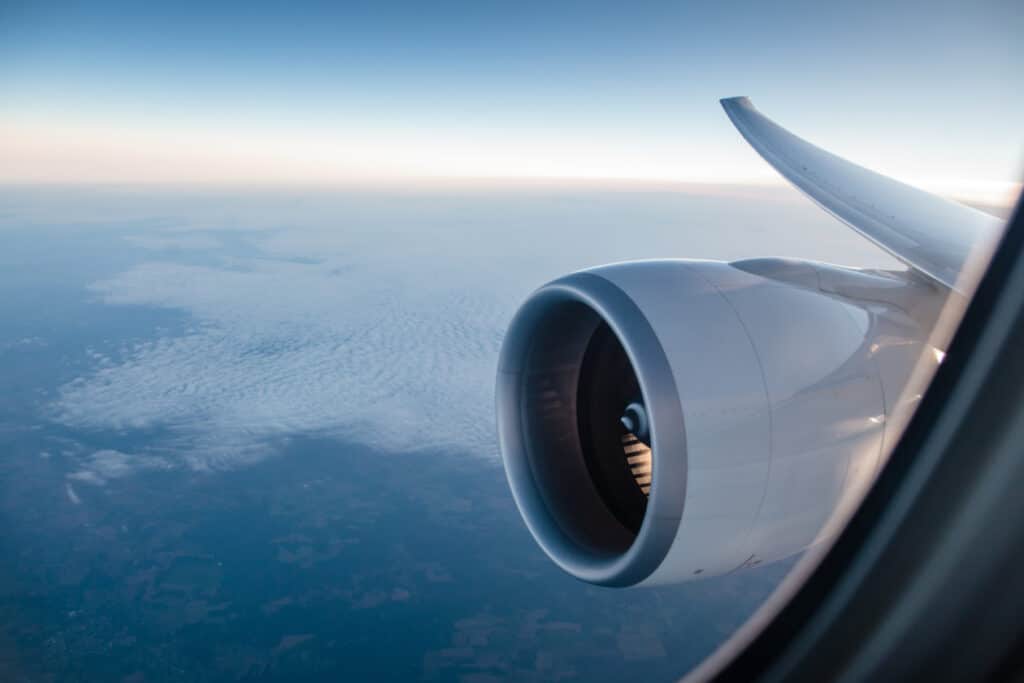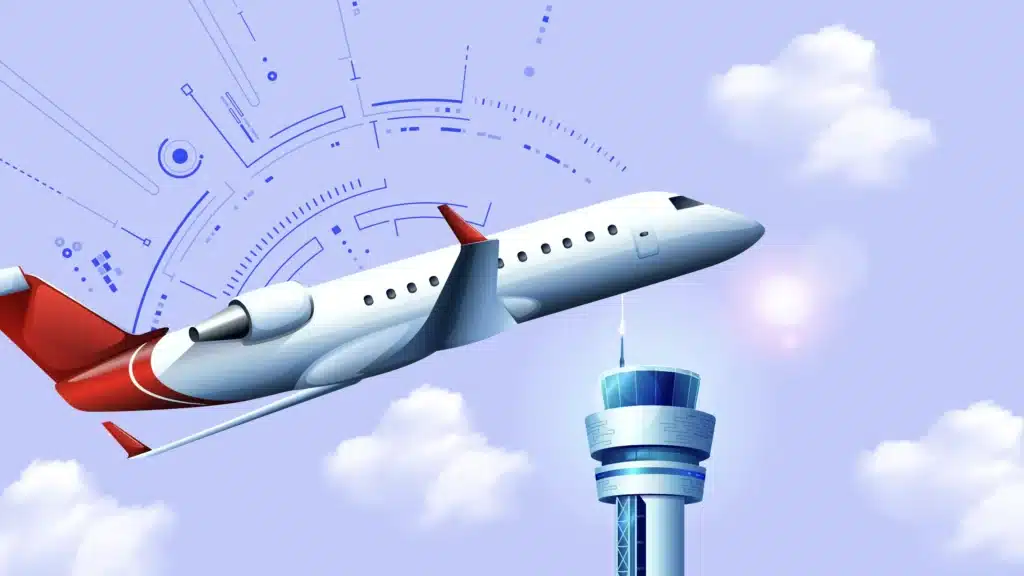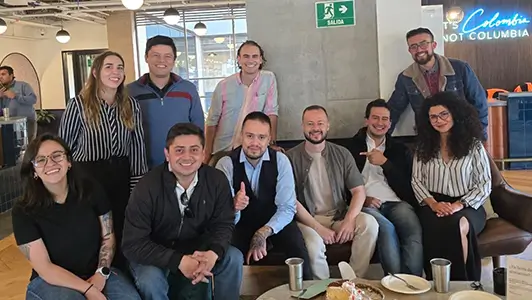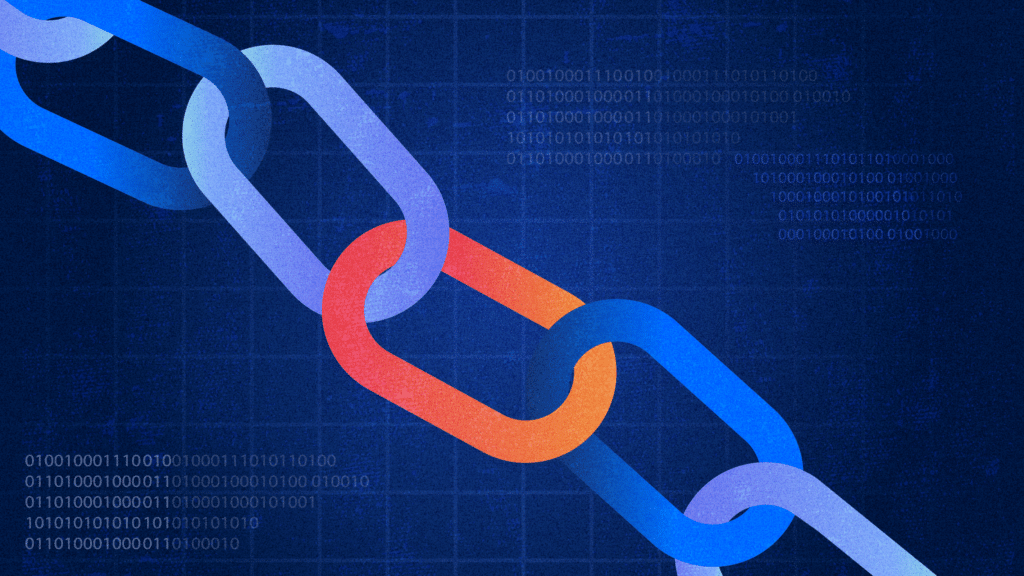Ever since the statistic from reputation management company Podium that customers would pay more for a better experience was revealed, leaders have been scrambling for ways to improve their customer experience across industries, hospitality included. To compete with Airbnb and increase customer retention, some hotels have even created robotic bellhops or allowed guests to stay in their rooms by the minute.
But going deeper than the tactics themselves, there’s one underlying factor that makes these strategies effective and empowers a hotel to truly appeal to customers: the ability to be agile. According to the previously cited report from Podium, while 93 percent of people say online reviews affect their consumer behavior, 63 percent would pay as much as 15 percent more for the same product or service if a better experience could be guaranteed.
This insight into consumer behavior has given hotels around the world a fresh motivation to enhance guest experiences. At the same time, consumer demands are becoming increasingly uninhibited. A lot of this has to do with personalization, which has begun to permeate nearly every corner of the B2C economy. Customers no longer want to be bucketed into generic packages — they want personalized experiences. From the consumer’s perspective, technology is creating seemingly endless possibilities, which, to brands, presents a challenge: All those avenues of potential increase the risk of missing expectations.
Read the full article by Margaret Rogers in Hotel Executive.






